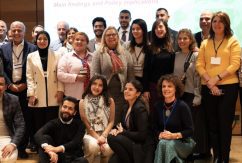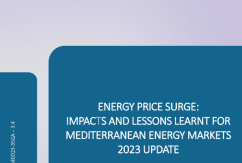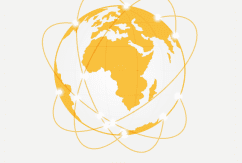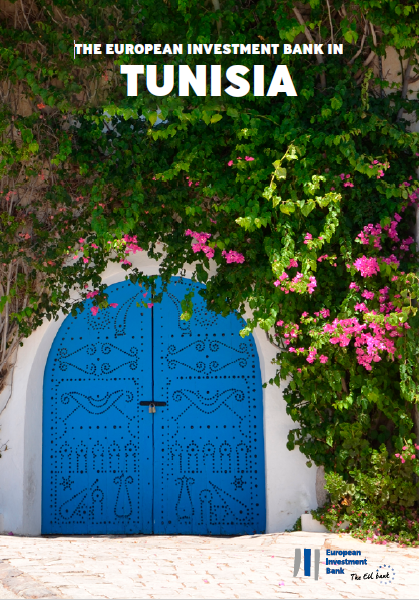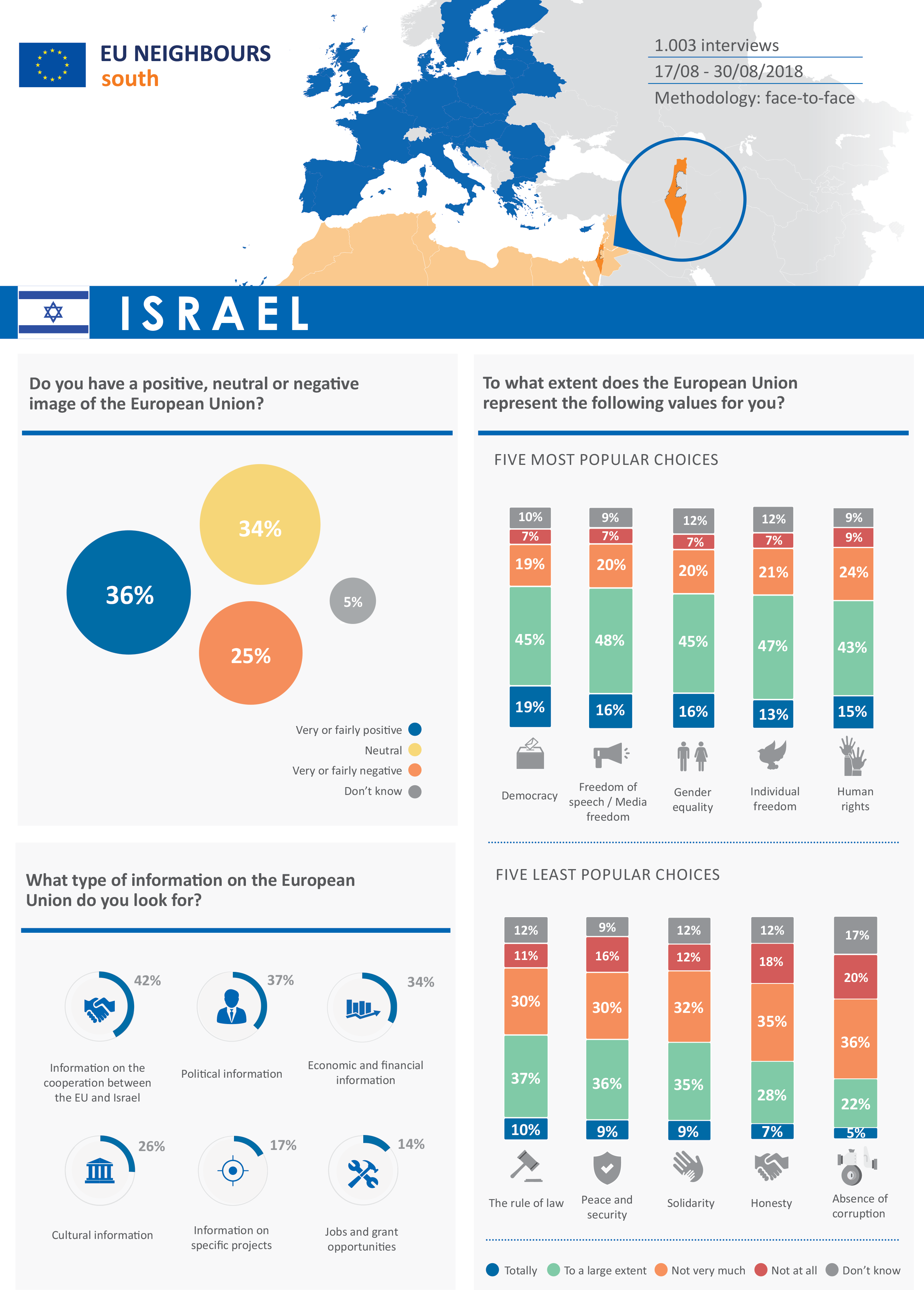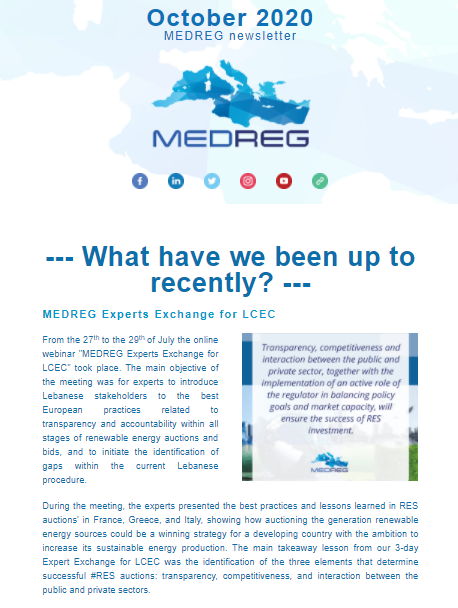Opinion Poll 2020 – Tunisia (factsheet)
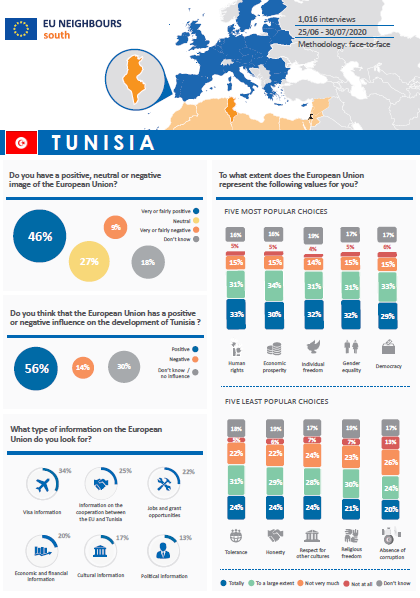

Poll shows most Tunisians think EU has good relations with their country
Two-thirds of Tunisians feel their country has good relations with the European Union, and 56% say the EU has a positive influence on development in their country. 71% of those who knew that the EU provided financial support to Tunisia say that it is effective – just some of the findings of the latest annual opinion poll in Tunisia, published by the EU Neighbours South project.
The survey – part of a wave of opinion polls carried out in eight southern Mediterranean partner countries – was conducted in Tunisia from June to July 2020, with 1,016 people consulted in face-to-face interviews. Respondents were asked about their general perceptions of the EU and the values with which it is associated, about EU relations with their country, and the impact of EU financial support, including in supporting their country’s response to the COVID-19 crisis. The surveys also look at preferred sources of information, how people feel about their personal situation and the situation in their country, and their expectations for the future.
In general, Tunisians were more positive in their perceptions of the EU than the regional average for the three Maghreb countries (Algeria, Morocco, Tunisia), a trend reflecting a slightly more optimistic outlook about the situation in their country and life in general.
Asked to describe relations with the EU, 66% said they were good, compared to an average of 59% in the Maghreb. Fifty-nine per cent of those asked saw the EU as an important partner, while 56% felt the EU had a positive influence on the development of their country. Forty-nine per cent of Tunisians were aware of the financial support provided by the EU, and seven in ten people saw this support as effective (71%, compared to 61% regional average).
In more general terms, 46% of those asked had a positive image of the EU, compared to the Maghreb average of 45%, while 27% had a neutral image and just 9% a negative image. As in other countries of the region, the values most frequently associated with the EU were human rights and economic prosperity; those least associated with the EU were the absence of corruption and religious freedom.
Tunisians feel EU support has contributed the most to tourism (33%), economic development (19%) and trade (17%) in their country. When asked about the support provided by the EU to their country during the Coronavirus pandemic, citizens in Tunisia answered that it had been effective (74%).
In general, Tunisians think that the European Union’s image in their national media is positive. On television, forty-nine per cent of them believe that the image is very to fairly positive, while seven per cent believe it to be very to fairly negative. Television is followed by radio (42% positive, 32% neutral, 6% negative) and websites (41% positive, 25% neutral, 9% negative).
Tunisians are generally satisfied with their lives (57%, compared to an average of 60% for the Maghreb), but worried about the economic situation in their country (73% feel it is bad, compared to 69% in the region). But 52% are expecting their life in general to be better in the next twelve months (against 7% who are expecting it to be worse) while 52% think that the financial situation of their household is already good (against 41% who think it is bad).
The EU Neighbours South regional overview report and factsheets are available here.
To find out more about EU – Tunisia cooperation and partnership, go here.



